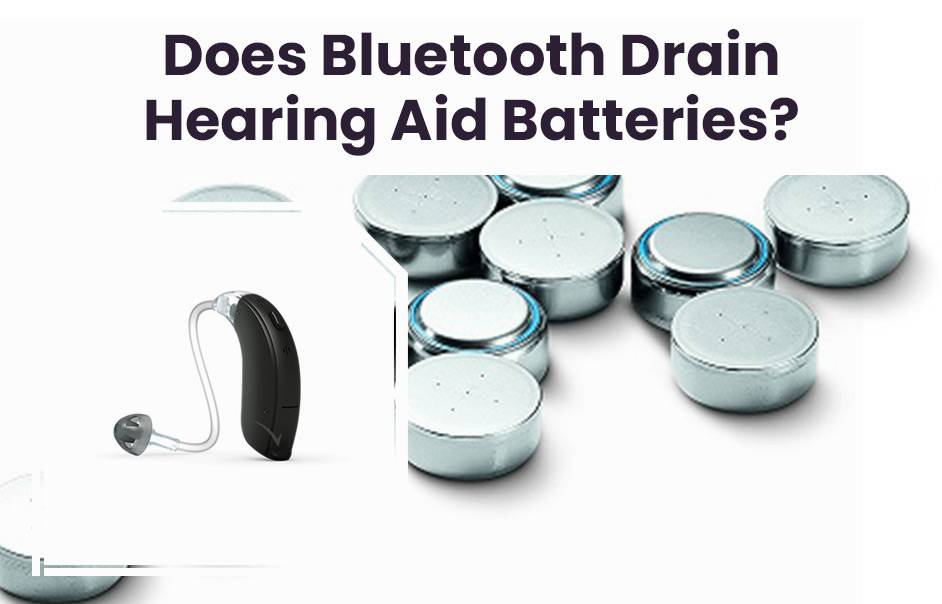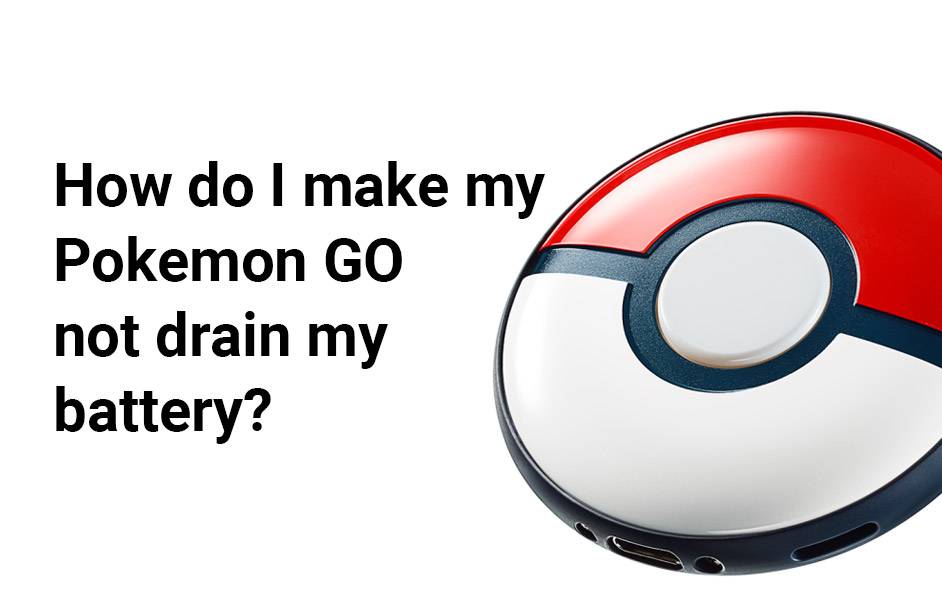- Rack-mounted Lithium Battery
- Golf Cart Lithium Battery
-
Golf Cart Lithium Battery
- 36V 50Ah (for Golf Carts)
- 36V 80Ah (for Golf Carts)
- 36V 100Ah (for Golf Carts)
- 48V 50Ah (for Golf Carts)
- 48V 100Ah (Discharge 100A for Golf Carts)
- 48V 100Ah (Discharge 150A for Golf Carts)
- 48V 100Ah (Discharge 200A for Golf Carts)
- 48V 120Ah (for Golf Carts)
- 48V 150Ah (for Golf Carts)
- 48V 160Ah (Discharge 100A for Golf Carts)
- 48V 160Ah (Discharge 160A for Golf Carts)
-
Golf Cart Lithium Battery
- Forklift Lithium Battery
- 12V Lithium Battery
- 24V Lithium Battery
- 36V Lithium Battery
- 48V Lithium Battery
-
48V LiFePO4 Battery
- 48V 50Ah
- 48V 50Ah (for Golf Carts)
- 48V 60Ah (8D)
- 48V 100Ah (8D)
- 48V 100Ah
- 48V 100Ah (Discharge 100A for Golf Carts)
- 48V 100Ah (Discharge 150A for Golf Carts)
- 48V 100Ah (Discharge 200A for Golf Carts)
- 48V 150Ah (for Golf Carts)
- 48V 160Ah (Discharge 100A for Golf Carts)
- 48V 160Ah (Discharge 160A for Golf Carts)
-
48V LiFePO4 Battery
- 60V Lithium Battery
-
60V LiFePO4 Battery
- 60V 20Ah
- 60V 30Ah
- 60V 50Ah
- 60V 50Ah (Small Size / Side Terminal)
- 60V 100Ah (for Electric Motocycle, Electric Scooter, LSV, AGV)
- 60V 100Ah (for Forklift, AGV, Electric Scooter, Sweeper)
- 60V 150Ah (E-Motocycle / E-Scooter / E-Tricycle / Tour LSV)
- 60V 200Ah (for Forklift, AGV, Electric Scooter, Sweeper)
-
60V LiFePO4 Battery
- 72V~96V Lithium Battery
- E-Bike Battery
- All-in-One Home-ESS
- Wall-mount Battery ESS
-
Home-ESS Lithium Battery PowerWall
- 24V 100Ah 2.4kWh PW24100-S PowerWall
- 48V 50Ah 2.4kWh PW4850-S PowerWall
- 48V 50Ah 2.56kWh PW5150-S PowerWall
- 48V 100Ah 5.12kWh PW51100-F PowerWall (IP65)
- 48V 100Ah 5.12kWh PW51100-S PowerWall
- 48V 100Ah 5.12kWh PW51100-H PowerWall
- 48V 200Ah 10kWh PW51200-H PowerWall
- 48V 300Ah 15kWh PW51300-H PowerWall
PowerWall 51.2V 100Ah LiFePO4 Lithium Battery
Highly popular in Asia and Eastern Europe.
CE Certification | Home-ESS -
Home-ESS Lithium Battery PowerWall
- Portable Power Stations
Does Bluetooth drain hearing aid batteries?

If you rely on hearing aids, you’re likely familiar with Bluetooth’s convenience. But does using Bluetooth drain your hearing aid batteries faster? In this blog post, we’ll explore Bluetooth’s impact on battery life for hearing aid users. We’ll discuss factors affecting battery drain, offer tips for conserving battery life with Bluetooth, and explore alternative options for extending battery life. Join us as we unravel the mystery behind Bluetooth and its effect on hearing aids.
Understanding Bluetooth and Hearing Aids
Bluetooth technology has transformed how we connect with devices, including hearing aids. But how does it affect battery life? Let’s explore how Bluetooth works with hearing aids and its impact on battery usage.
- Seamless Connectivity: Bluetooth-enabled hearing aids allow direct wireless connections to smartphones, tablets, and TVs, enhancing audio streaming without additional accessories.
- Battery Drain: Using Bluetooth functionality in hearing aids can lead to faster battery depletion due to constant data transmission between devices.
- Factors Affecting Battery Life: Battery drain varies based on factors like the type of connected device and distance between devices. Streaming from a smartphone may consume more power than from a TV, and longer distances strain batteries more.
The Impact of Bluetooth on Battery Life
Bluetooth technology enhances the lives of hearing aid users by offering wireless connectivity to various devices. However, concerns about its impact on battery life often arise. Let’s explore how Bluetooth affects hearing aid batteries and discover tips to mitigate battery drain.
- Hearing Aid Model: The efficiency of Bluetooth compatibility varies among hearing aid models. Newer models are designed with better power management systems for Bluetooth, reducing battery drain compared to older ones.
- Usage Intensity: Continuous streaming or frequent phone calls via Bluetooth can significantly drain hearing aid batteries. Limiting prolonged usage and optimizing settings can help conserve battery life.
- Connection Distance: Maintaining a stable Bluetooth connection over longer distances strains hearing aid batteries. Keeping connected devices closer can minimize energy consumption and prolong battery life.
- Battery Conservation Tips: Charging devices regularly, disabling unnecessary features, and optimizing settings are effective strategies to conserve battery life when using Bluetooth with hearing aids.
- Consider Alternatives: Exploring alternative connectivity options like FM systems or telecoils may be beneficial for minimizing battery drain, especially during extended periods without access to charging options.
In summary, while Bluetooth usage can impact hearing aid battery life, implementing proactive measures can help mitigate this issue and ensure a seamless wireless experience.
Factors that Affect Battery Drain
Several factors influence the battery life of hearing aids when using Bluetooth. Understanding these factors can help users manage their battery usage effectively. Let’s explore the key factors affecting battery drain in Bluetooth-enabled hearing aids.

- Distance: The proximity between hearing aids and connected devices affects battery drain. Longer distances require more power to maintain a stable Bluetooth connection, leading to faster battery depletion.
- Bluetooth Protocol: The type of Bluetooth protocol used by the hearing aids impacts power consumption. Older protocols may drain batteries faster than newer, more efficient versions.
- Volume Levels: Higher volume settings demand more power from the batteries. Consistently listening at high volumes can accelerate battery drain in Bluetooth-enabled hearing aids.
- Streaming Audio: Activities like streaming music or phone calls via Bluetooth significantly impact battery life due to continuous data transmission, putting additional strain on the batteries.
- Environmental Factors: Extreme temperatures or humidity levels can affect battery performance, causing them to discharge more rapidly when using Bluetooth technology.
Awareness of these factors and implementing strategies to mitigate battery drain can help optimize the battery life of Bluetooth-enabled hearing aids for uninterrupted use.
Tips for Conserving Battery Life with Bluetooth Technology
Maximizing battery life while using Bluetooth with hearing aids is crucial for uninterrupted functionality. Here are practical tips to help conserve battery power while enjoying the benefits of Bluetooth connectivity.
- Optimize Hearing Aid Settings: Activate power-saving modes tailored for Bluetooth usage to reduce power consumption during wireless streaming, extending battery life.
- Maintain Proximity: Keep your Bluetooth device close to your hearing aids to ensure a strong connection, minimizing power usage required to maintain connectivity.
- Disable Unused Features: Turn off Bluetooth functions like audio streaming or hands-free calling when not in use to prevent unnecessary drain on the batteries.
- Clean and Maintain: Regularly clean both your hearing aids and Bluetooth accessories to ensure optimal connections and prevent excess power usage due to debris buildup.
- Consider Rechargeable Batteries: Invest in rechargeable batteries for convenience and sustainability, eliminating the need for frequent replacements and reducing environmental impact.
Implementing these tips will help you optimize battery life while enjoying the benefits of Bluetooth technology with your hearing aids.
Alternative Options for Hearing Aid Users
Exploring alternative options for hearing aid users can provide valuable insights into conserving battery life while still enjoying connectivity benefits. Here are some practical alternatives to Bluetooth worth considering:

- Wireless Accessories: Explore wireless accessories utilizing technologies like FM or infrared signals, offering connectivity without relying on Bluetooth and potentially conserving battery power.
- Streamers: Consider using a streamer device worn around the neck to transmit audio wirelessly to hearing aids from various audio sources, reducing direct Bluetooth usage.
- Telecoils (T-coils): Take advantage of built-in telecoils in modern hearing aids, allowing electromagnetic signal reception from compatible devices like landline phones or venues with induction loop systems, an alternative to Bluetooth with lower battery impact.
- Manual Control: Opt for hearing aids with manual adjustment options for volume and program preferences, providing more control over battery usage without constant reliance on Bluetooth.
- Regular Batteries: Switching back to disposable batteries may be beneficial if Bluetooth significantly impacts rechargeable battery life, offering longer overall lifespan in some cases.
Remember, consulting with an audiologist is essential to tailor alternative options to your specific needs and preferences, ensuring optimal hearing aid functionality and battery management.
Conclusion
It’s important to consider that Bluetooth usage can significantly accelerate the depletion of hearing aid batteries. When selecting your hearing aids, it’s prudent to factor in the expense of replacement batteries and the frequency of replacements.
Heavy streaming can notably decrease the lifespan of your hearing aid battery. Therefore, anticipate a shorter battery life with Bluetooth-enabled hearing aids compared to those without Bluetooth capability.
Humans possess a unique mechanism of releasing moisture through the skin, serving as a cooling system. This physiological process aids in eliminating excess sodium or toxins from the bloodstream. In environments with high humidity, such as rainy climates, moisture levels can escalate, potentially leading to obstruction of the air vent in hearing devices, thus diminishing their effectiveness. Moreover, excess moisture may directly affect battery performance by interfering with the chemical processes responsible for generating electricity.
Regarding battery longevity, a fully charged battery typically lasts for 24 hours under normal usage conditions. However, if streaming via Bluetooth is utilized, the battery life reduces to approximately 15 hours. Nonetheless, you can count on a full day’s worth of operation. When the hearing aid is not in use, it’s advisable to store it in the charger to ensure it’s fully powered for the next day, enabling you to maximize its functionality.
FAQs
Can a 12V car Bluetooth transmitter drain battery?
What is draining my car battery when it’s off?
Does wireless charger drain car battery?
Does turning off Bluetooth increase battery life?

















